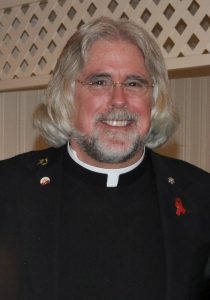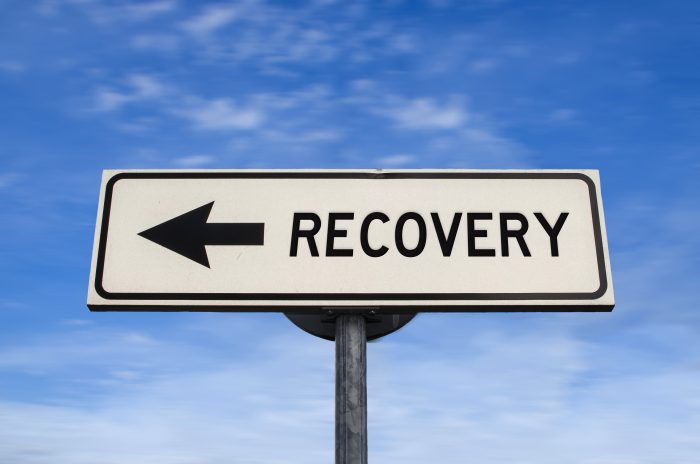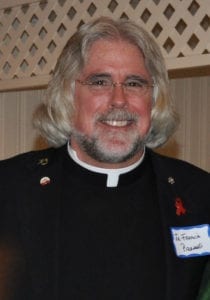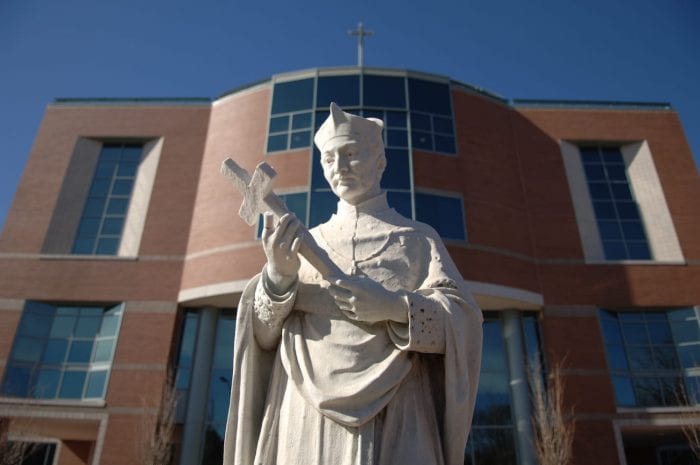By Fr. Francis Pizzarelli

Two presidents have declared that the heroin/fentanyl epidemic is a national health crisis. Both administrations dropped the ball on this critical health issue. The death toll due to overdoses has increased exponentially in the past year. We have less beds for treatment today than we had four years ago.
Our political leadership, from both sides of the aisle, have gotten lost in the rhetoric about our southern borders and the drug cartels. That’s all part of this tragic story but that’s not the story. The story is that a growing number of young men and women are dying senselessly because we do not have the appropriate treatment professionals and beds to respond. We need to advocate for more comprehensive treatment programs for those who are in need and want to change their lives.
Every week our local newspapers tell horrific stories about talented, gifted young people who have lost their lives due to heroin and fentanyl. We get monetary action and concern when someone of importance overdoses and dies. Meanwhile there is not a family in America that directly or indirectly has not been touched by this horrific crisis.
Talk is cheap … actions speak louder than words. St. Charles Hospital in Port Jefferson has been on the frontline and is a backbone in the area of treatment for addiction for decades. Jim O’Connor, the President of St. Charles Hospital, has been a leader in the trenches advocating for more beds and giving voice for the need for more comprehensive payment for treatment.
We need more people to step up and offer creative treatment possibilities, especially for the dually diagnosed — those who suffer from a substance use disorder and an untreated mental health issue.
The chronic heroin and fentanyl user needs more than 11 days. One has barely detoxed within that timeframe. The evidence-based research in this regard speaks to at least a year of comprehensive treatment.
My experience after working and living with addicts for more than three decades is that they absolutely need long-term treatment to reclaim their lives and move in positive directions.
Outpatient treatment programs tend to be disasters for people in early recovery from any kind of opioid addiction. Drug dealers just wait outside to prey on them.
The other issue that no one speaks to is the insurance industry and their destructive influence on people’s road to recovery. Very few insurance companies will pay for long-term treatment; they talk the talk but refuse to walk the walk.
We need to support legislation that is advocating that clinical social workers be empowered to write scripts for long-term care and that insurance companies, Medicare and Medicaid will have to pay.
People do get better and make positive contributions to our larger community. I see it firsthand every day; it sustains my ministry. I see men on the recovery journey becoming doctors, lawyers, teachers, tradesmen who are determined to give back and to help make the world a better place!
Father Francis Pizzarelli, SMM, LCSW-R, ACSW, DCSW, is the director of Hope House Ministries in Port Jefferson.
















